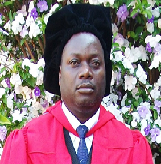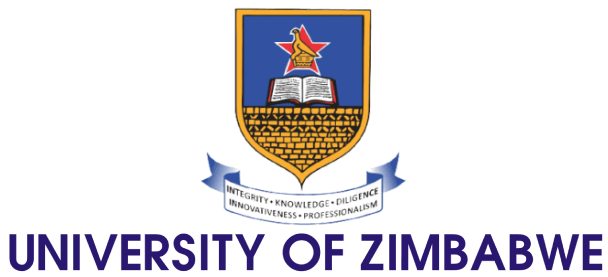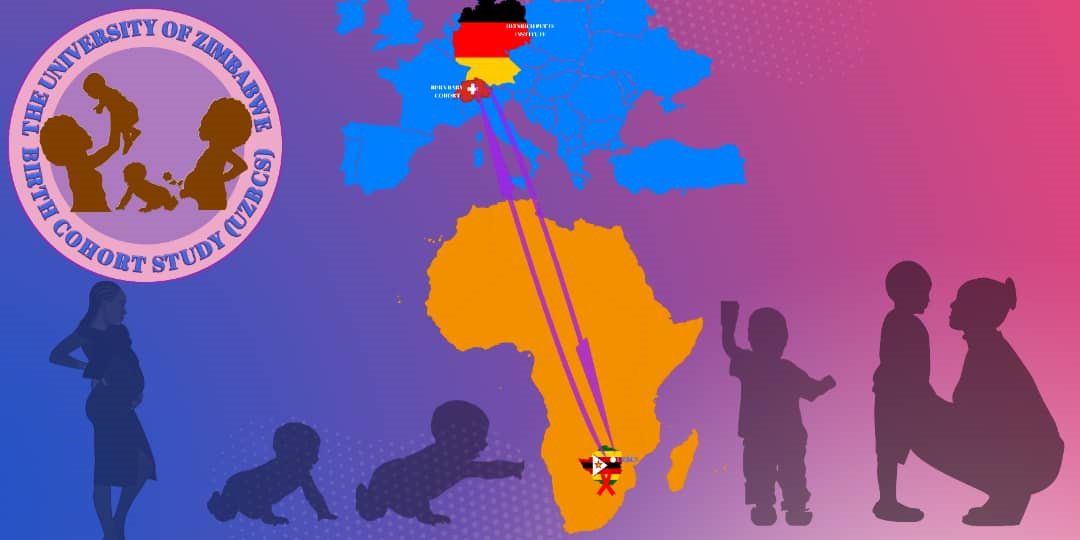Dean

Qualifications: DPhil (UZ), MVSc (UQ), BVSc (UZ)
E-mail: This email address is being protected from spambots. You need JavaScript enabled to view it.
Dean's statement
The Faculty of Veterinary Science will be known for being a global centre of excellence in higher education training, research, innovation and community outreach with respect to animal health and production thereby contributing to the enhancement of quality of human life on a sustainable basis.
Dean's Welcome Message
The academic quality of the degree programmes offered by the faculty is of utmost importance to us, the veterinary profession, animal health industry and society. Internationally, the veterinary profession is always under scrutiny with regard to its relevance to the ever dynamic industry and society. Hence, we are aware of the need to continually review programmes and curricula in order to keep abreast with national, regional and global demands. Modern veterinary education also needs to move towards a more student-centered education which encourages self-learning and problem-solving. The University of Zimbabwe has pioneered the heritage-based Education 5.0 whose main thrust is to enable students to produce goods and services that help to modernize our society. Previously career opportunities in Zimbabwe and most of the region were mostly in the government veterinary services and public universities but currently many of our graduates have been empowered to be innovative and start their own businesses or work in other fields such as the pharmaceutical and commercial livestock industry. Additional knowledge and skills on aspects such as animal welfare, communication, professional ethics, entrepreneurship, management and leadership have been introduced into our curricula. A good professional should also have awareness of the need for lifelong learning. The faculty with the guidance of the profession and other stakeholders is always striving to come up with tailor-made continuous professional development (CPD) modules. The faculty is involved in research and innovation targeted at the development of human resources that can effectively transform animal health, welfare and productivity in the region and beyond. The thrusts of the faculty are in line with the 2019 to 2025 University of Zimbabwe Strategic Plan, within which the focus areas are: Animal Disease Intelligence; Zoonotic Diseases and Food Safety; Veterinary Pharmaceuticals Ethno-medicine and Vaccinology; Aquatic Health and Apiculture; and Animal Reproductive Technologies and Nutrition.
BROAD STRATEGY
- Development and sustenance of excellent quality professional veterinary and para-veterinary teaching based on changing agricultural trends, animal disease dynamics, and microeconomics.
- Promotion of high quality client-driven research on health, welfare and production of livestock, companion, wild and exotic animals.
- Provision of good quality and relevant community outreach programmes and services to all sectors of the economy.
- Development of knowledge-based innovative solutions, goods and services to the animal health industry, commerce and society.
- To develop products, prototypes and centres of excellence in animal health, welfare and production to drive industrialization of the animal health sector
Dean
Professor. G. Matope
Qualifications: DPhil (UZ), MVSc (UQ), BVSc (UZ)
E-mail: This email address is being protected from spambots. You need JavaScript enabled to view it.
Read More....



